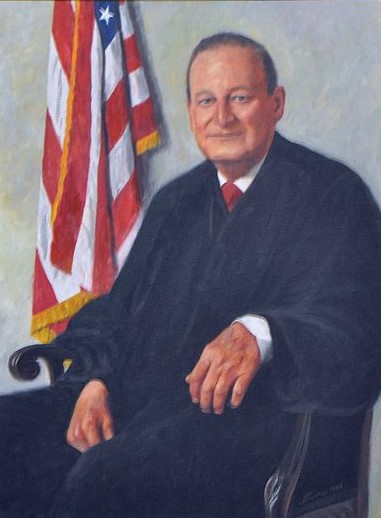Roger Robb (1907-1985) was an American attorney.
An ardent conservative, Robb was a courtroom veteran as both a U.S. attorney and a partner at a private law firm in Washington, DC. He was handpicked by Atomic Energy Commission (AEC) Chairman Lewis Strauss to prosecute J. Robert Oppenheimer’s security clearance hearing. Robb’s conservatism led him to represent clients like Barry Goldwater and Fulton Lewis Jr., the arch-conservative radio commentator, making him an attractive candidate for Strauss. In an ironic twist, Robb also represented Communist Party leader Earl Browder in 1951. Browder labelled him a “reactionary,” though he was effusive in his praise of Robb’s legal skills.
Like Strauss, Robb possessed a personal bitterness towards Oppenheimer, and it was on display throughout the hearing. Intent on breaking the physicist, Robb led intense interrogations that dredged up classified FBI transcripts as well as details about Oppenheimer’s alleged love affair with Jean Tatlock. He brought an intimidating bravado into the courtroom that noticeably shook Oppenheimer at times. Robb commented, “I had been told that you can’t get anywhere cross-examining Oppenheimer; he’s too fast and he’s too slippery. So I said, ‘maybe so, but then he’s not been cross-examined by me before.’”
Robb would eventually be appointed by President Richard Nixon to the United States Court of Appeals for the District of Columbia Circuit.





